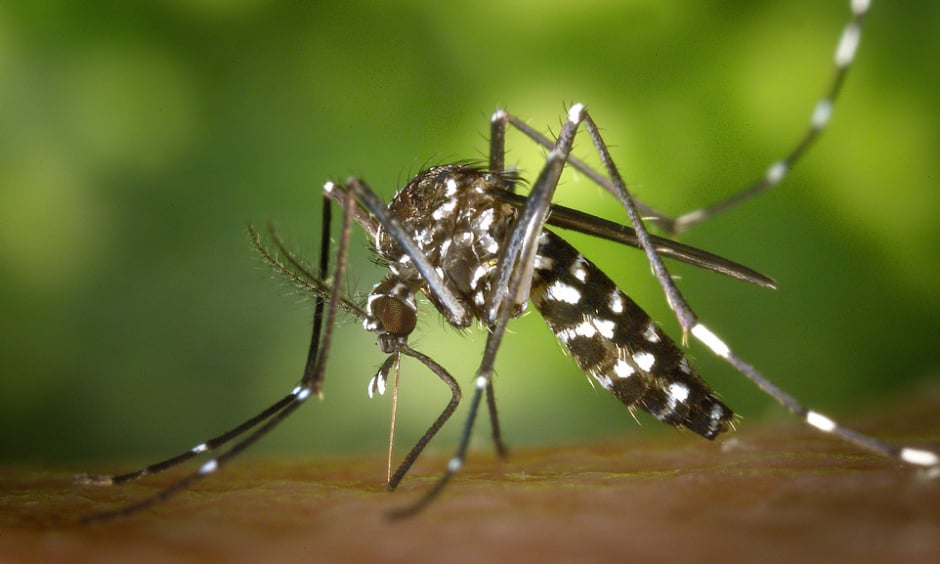A NEW treatment for dengue fever could be developed at the end of a groundbreaking research project at the University of Nottingham, Nottingham, UK’s Malaysia campus. The team believe that a compound in papaya leaf juice could be turned into a pill that targets major symptoms of the condition.
Higher Prevalence
Dengue fever, which has no vaccine, has grown dramatically in prevalence over recent decades and is a leading cause of hospitalisation and death among children and adults in Asia and Latin America. In parts of India and South-East Asia, papaya leaf juice is used to treat the mosquito-borne viral infection; the bioactive compound called carpaine present in the juice is known to help with blood clotting and reduce internal bleeding that arises from it. The team therefore want to develop carpaine in an easily consumable pill form.
Carpaine
“We are targeting the active bio-compound carpaine which we know can increase blood platelets and therefore helps reduce internal bleeding. We are also looking at whether the younger leaves or the older leaves contain more carpaine, and additionally whether the stems of the papaya plant could also be useful,” explained Dr Ching Lik Hii, University of Nottingham, who is leading the research.
Overcoming Challenges
The carpaine compound is extracted by using alcohol, and crude carpaine material is then produced from an acid-base extraction procedure. Finally, solid carpaine with a purity of at least 95% can be produced following further purification steps. Over the course of a 3-year project, the team want to find solutions to a number of challenges in order for a marketable product to be created. These include establishing the best processing method to ensure the highest yield of carpaine, which parts of the papaya plant are best to use, and how degradation of the compound takes place during storage.
New Medication
The researchers hope that by the end of the project they will be in a position to create a carpaine medication in collaboration with industry partners in Malaysia, although they caution it could take at least 10 years before the product comes to market because of the approval process that needs to be navigated.
James Coker, Reporter
For the source and further information about the study, click here.








